The future of business rates has emerged as a key policy focus for the main political parties ahead of the General Election on 12 December.
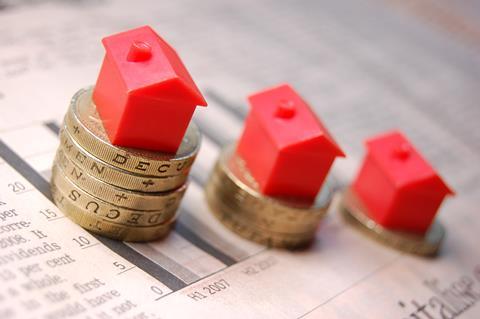
Retailers and lobby groups, including the Association of Convenience Stores and British Retail Consortium, have been long calling for a reform of the rates system, which they say is not fit for purpose. In addition, MPs on the Treasury Committee also recently urged the government to consult on alternatives to the “broken business rate system”.
The Conservatives have pledged a fundamental review of business rates in their manifesto. As a first step it will extend the rate discount for small businesses, so those with a rateable value of less than £51,000 will receive an increase in the retail discount from 33% to 50% in 2020/21.
“We understand the challenge of increasing running costs, especially for smaller firms, and are committed to reducing them,” the Conservative manifesto states.
Labour said it would review the option of a land value tax on commercial landlords as an alternative to business rates, which it said was “causing real issues for high street retailers”.
The Liberal Democrats have committed to replacing business rates in England with a commercial landowner levy, based solely on the land value of commercial sites rather than their entire capital value. This would stimulate investment and shift the burden of taxation from tenants to landowners, the party’s manifesto said.
The Green Party has also pledged to replace business rates with a land value tax, while the Brexit Party said it would scrap business rates for high street retailers “outside the M25”.









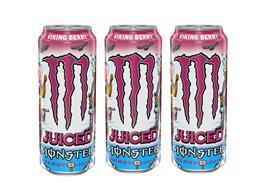











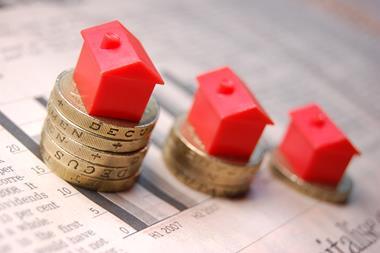

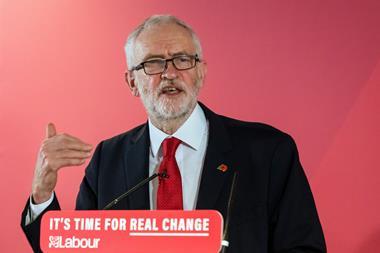

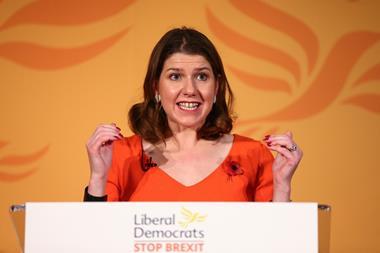

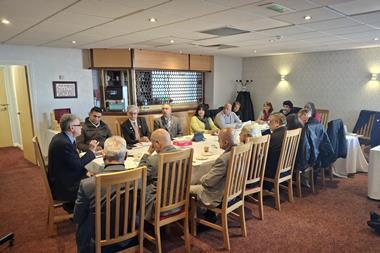



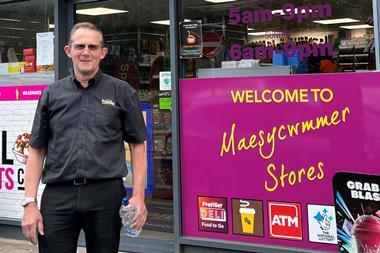
No comments yet